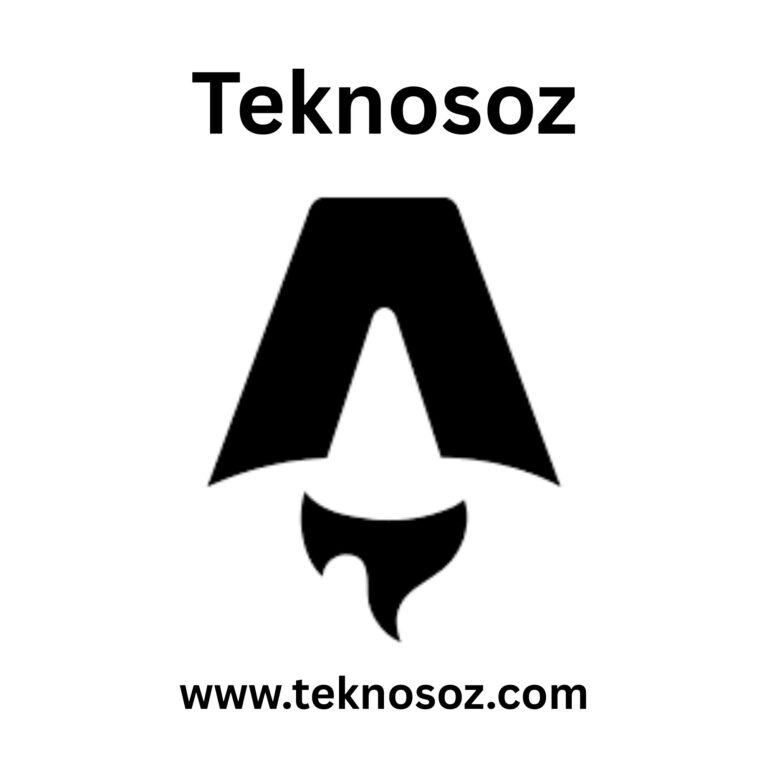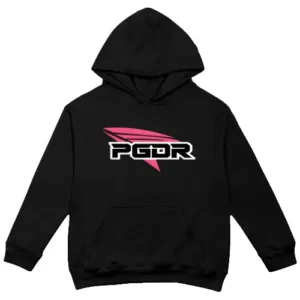Eric Emanuel: Business Model and Brand Strategy Behind the Iconic Streetwear Label
Eric Emanuel, the founder and creative force behind the eponymous streetwear brand, has built one of the most recognizable fashion labels in the American streetwear scene. Eric Emanuel While the brand is best known for its colorful mesh shorts, its rise is about more than just eye-catching designs — it’s the result of a smart, well-executed business model and a strong, consistent brand identity.
From limited product drops to targeted collaborations and a deep connection to youth and sports culture, the Eric Emanuel brand is a case study in how to scale a niche idea into a multi-million-dollar operation without losing authenticity.
The Drop Model: Creating Demand Through Scarcity
One of the core elements of Eric Emanuel’s business model is the drop-based sales strategy. Rather than mass-producing products for wide retail distribution, the brand releases limited-edition pieces every Friday. This weekly drop model taps into consumer psychology by creating urgency, exclusivity, and community — the idea that if you miss a drop, you might not get another chance.
This strategy also avoids the risk of overproduction and inventory waste. Because products are often made in small batches, the brand is able to maintain high sell-through rates and reduce the cost of excess stock. This approach also builds a loyal fan base that checks in weekly, always anticipating what’s next.
DTC (Direct-to-Consumer) Power
The Eric Emanuel brand primarily operates as a direct-to-consumer (DTC) company. Most products are sold exclusively through the brand’s website or pop-up events. By bypassing traditional retail channels, Emanuel maintains control over pricing, branding, customer experience, and data — all essential for scaling a modern fashion label.
Selling directly also allows for tight feedback loops. The brand can quickly see what styles or colorways resonate and adapt future drops based on real-time consumer interest. This agility is essential in the fast-paced world of streetwear.
Branding Through Consistency
Eric Emanuel has succeeded in part because of a laser-focused brand identity. The brand’s visual language is consistent across every platform — bold colors, nostalgic fonts, varsity-inspired logos, and simple yet effective silhouettes. This branding is instantly recognizable, whether on social media, in stores, or on celebrities.
The brand’s signature product — the mesh short — has become a uniform in its own right. Though the shorts vary in color and pattern, the core style remains consistent. This repetition reinforces brand identity and keeps customers returning for variations of a product they already love.
Nostalgia and Cultural Resonance
The Eric Emanuel brand taps heavily into nostalgia, especially for 1990s and early 2000s American sports culture. From high school basketball uniforms to classic gym class vibes, the aesthetic is grounded in familiarity — but reimagined for today’s fashion-forward audience.
This nostalgic appeal is more than just a design choice — it’s part of the emotional connection the brand builds with its customers. People don’t just buy the shorts for how they look, but for how they feel — evoking memories of youth, team spirit, and cultural belonging.
Collaborations as Brand Builders
Another key to the brand’s growth has been strategic collaborations. Eric Emanuel shorts has partnered with brands like Adidas, Reebok, New Era, and even fast food giant McDonald’s. These partnerships serve multiple purposes:
- Access to new audiences through the partner brand’s platform
- Legitimization through association with major, established names
- Fresh storytelling opportunities that keep the brand exciting and relevant
These collabs are usually still rooted in Emanuel’s signature aesthetic — ensuring the brand doesn’t lose its identity even when working with much larger corporations.
Celebrity and Influencer Alignment
Eric Emanuel has cultivated a strong celebrity following. From NBA players to chart-topping rappers, influential figures often wear the brand organically — reinforcing its credibility and reach. Emanuel himself is connected to various subcultures and creative circles, which allows the brand to stay rooted in authenticity.
Rather than relying heavily on paid ads or influencer marketing, the brand thrives on earned media — viral moments, organic streetwear blogs, and word-of-mouth hype. Eric Emanuel shirts When someone like Travis Scott or Justin Bieber is spotted in the shorts, it creates buzz without any official campaign.
Community and Localization
Though now a national (and even global) brand, Eric Emanuel keeps a sense of local flavor. Many drops feature city-specific colorways or collaborations with local high schools or sports teams. This strategy strengthens ties with grassroots communities and adds sentimental value to the product.
Pop-up events in cities like New York, Los Angeles, or Miami create in-person experiences that reinforce community and exclusivity — two key components of modern streetwear culture.
The Business of Staying Cool
The genius of Eric Emanuel’s business model is how it balances scale with scarcity, fashion with function, and nostalgia with newness. By focusing on a narrow product offering — and executing it better than anyone else — https://erie-manuel.com/ has turned mesh shorts into a fashion icon and built a brand with lasting power.
With a strong foundation in DTC, a loyal fan base, and room to expand into other categories (like footwear and lifestyle accessories), Eric Emanuel’s brand shows no signs of slowing down.






